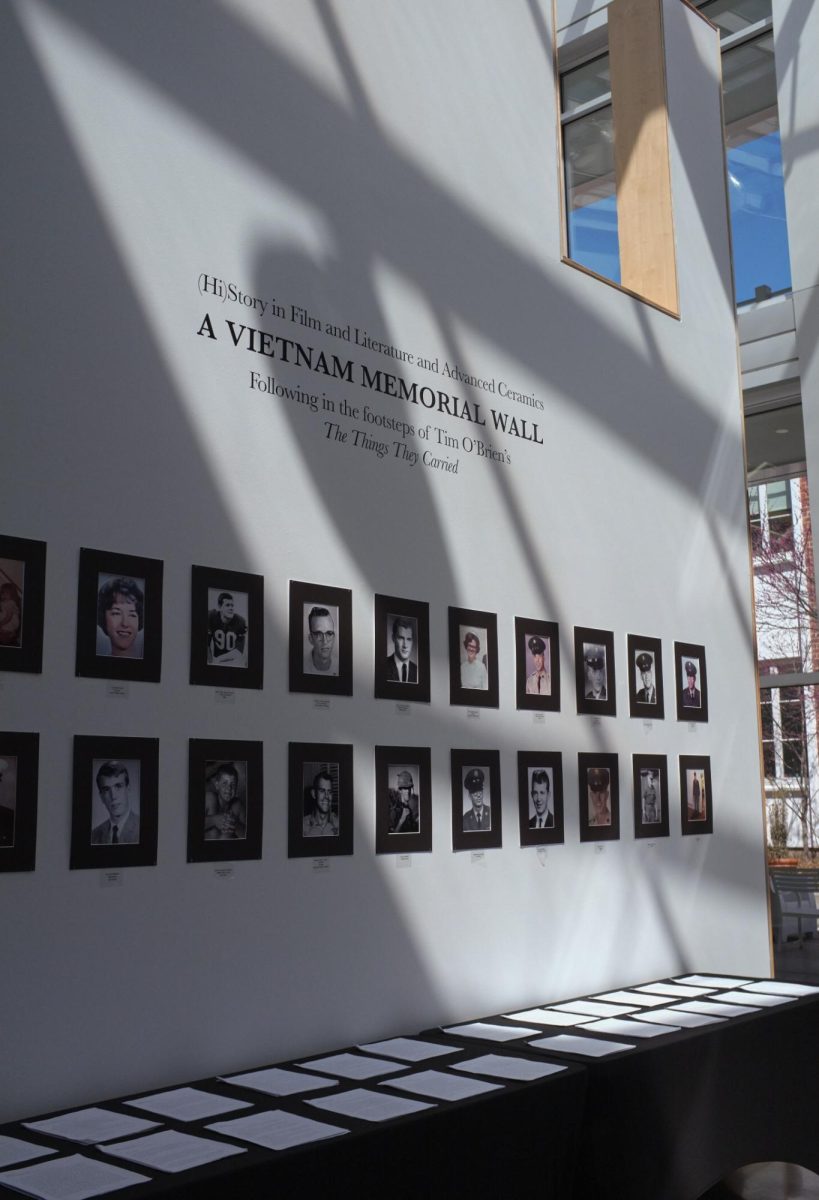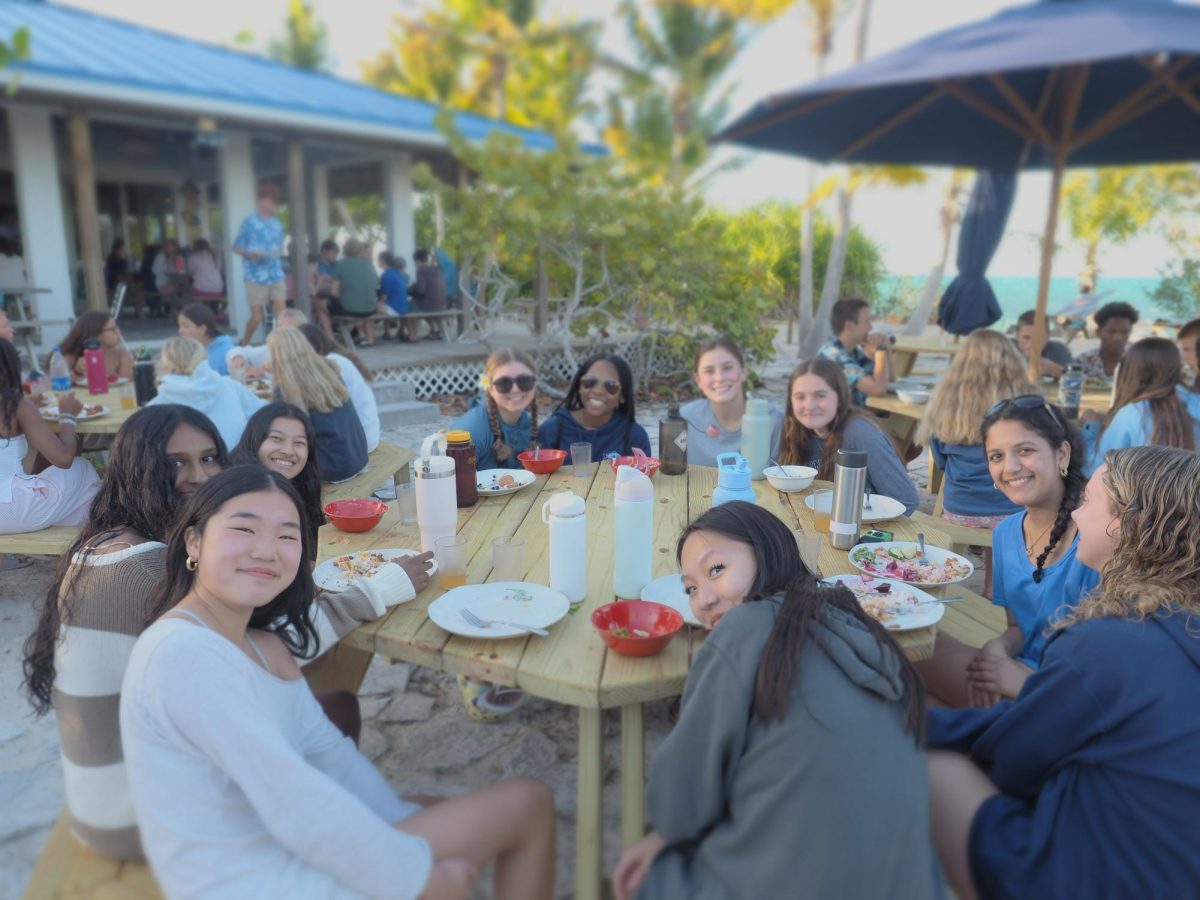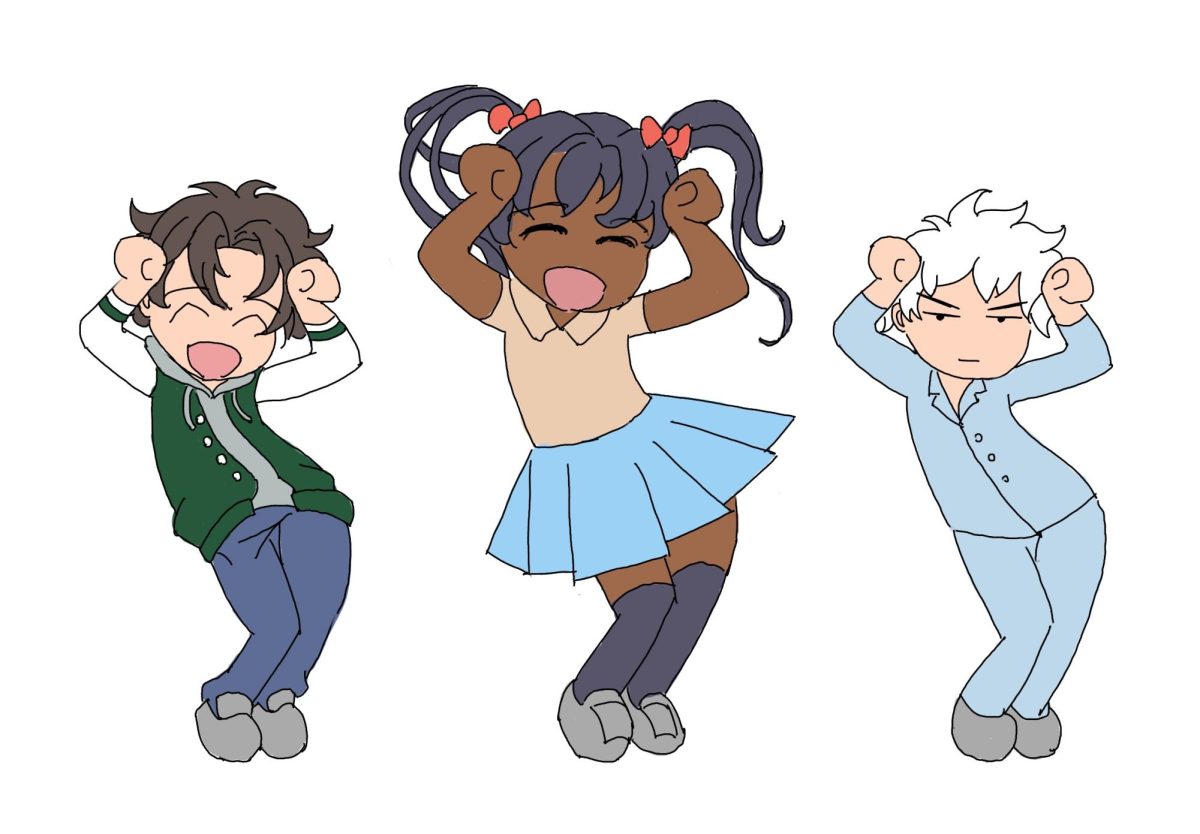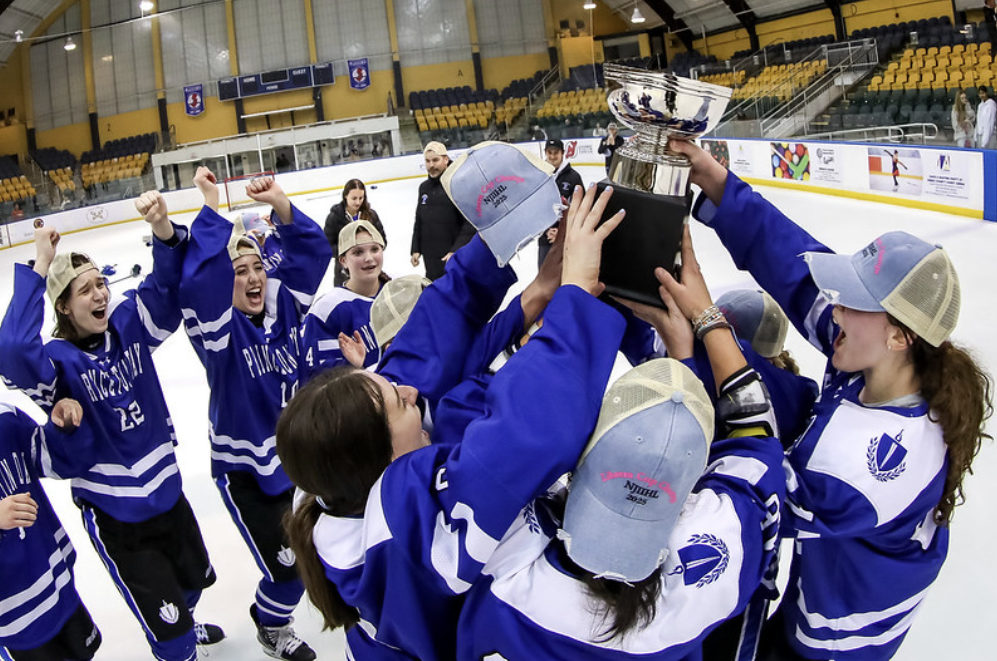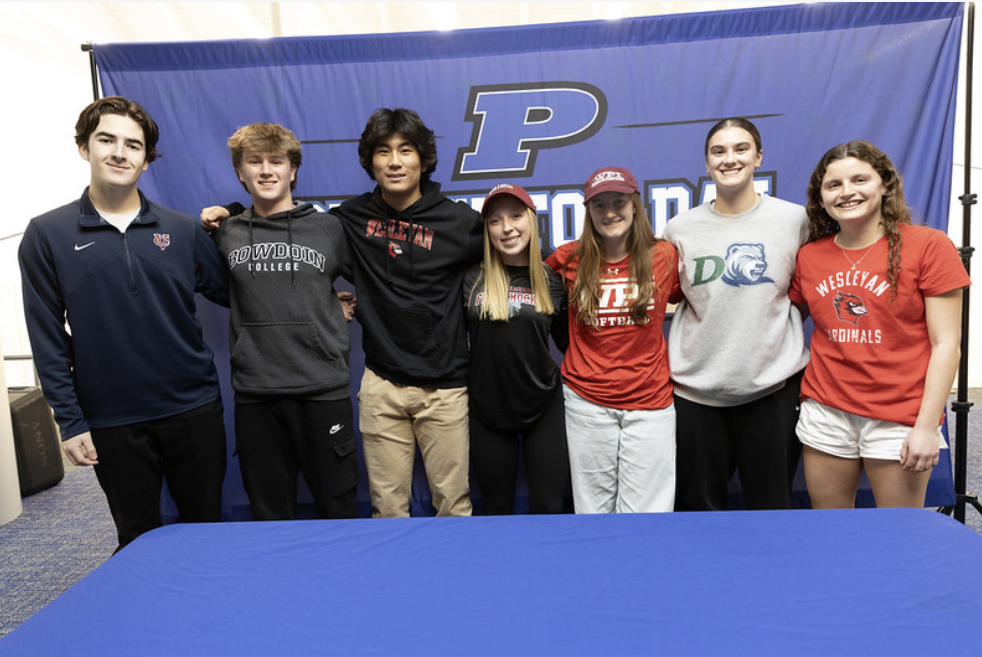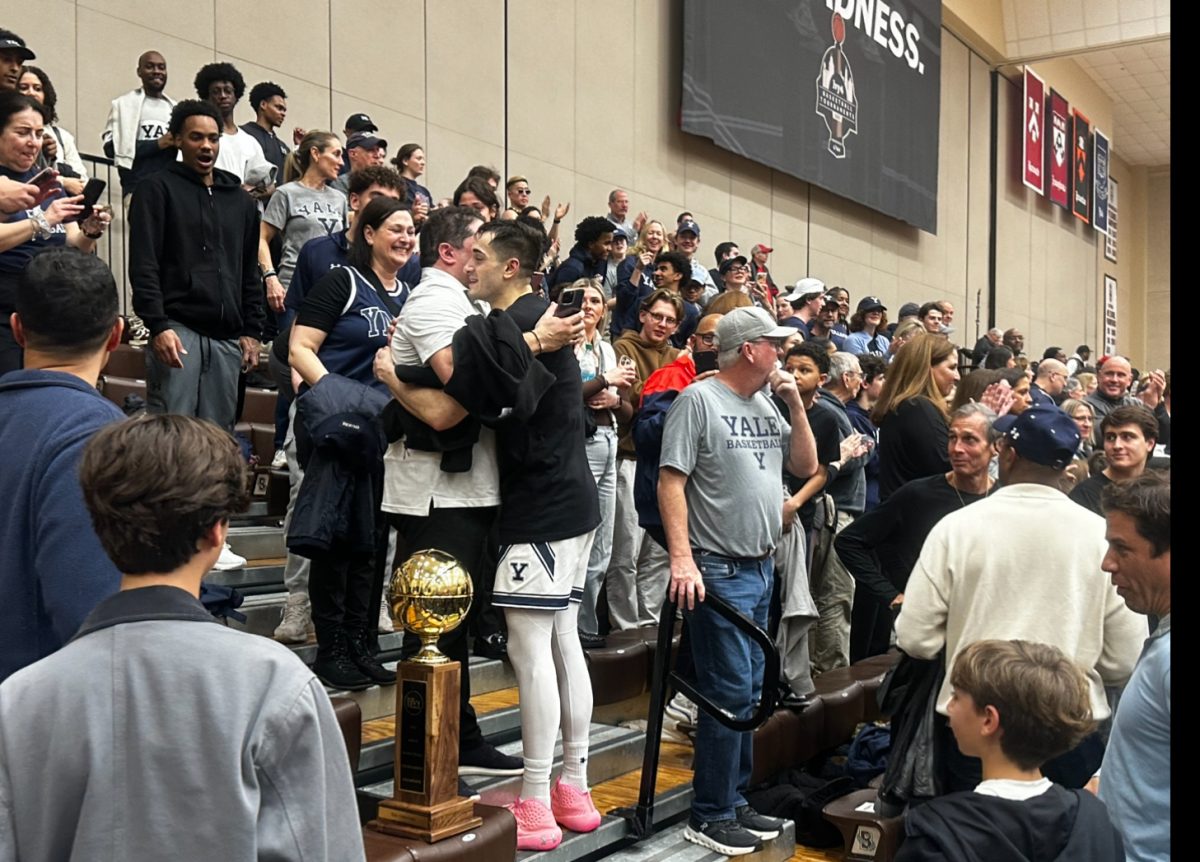
In the past three years, the US has had to face and discuss many complex topics, including the 2020 election, the global pandemic, and multiple conflicts overseas. With another election approaching at the end of the year, many students and teachers are wondering how to engage with it.
The 2024 election is an important moment for everyone in the PDS Upper School, not just because the results could have direct impacts on our lives, but also because it is an opportunity for students to learn about how to engage politically in an environment where they have both peers and teachers to guide them.
PDS has already implemented several activities to help students navigate through the process. Earlier this year, there were advisory activities that allowed students to practice engaging in “civil discourse,” which is the practice of learning about important social issues through asking questions and being open-minded
Civil discourse can also lead to disagreement. After all, a lot of topics can be sensitive issues for many people, and everyone has their own perspectives and experiences which influence their opinions. The goal of practicing this skill is to be able to disagree without arguing, which is certainly easier said than done.
Ms. Santangelo, an Upper School history teacher, shared her perspective about how to engage in civil discourse at PDS and what she thinks is the most important skill. She offered: “At its core, civil discourse is about good communication. Good communication skills are universally applicable regardless of who we’re talking to or what we’re doing. When we learn how to listen with an open mind and we ask good questions without trying to win an argument, that is when we learn the most.”
She then mentioned that students could use those skills not just in school, but in their personal lives outside the classroom. A common belief is that civil discourse exclusively relates to politics, when in reality it is a much broader practice: “The skills, including but not limited to being intellectually curious, asking questions, listening respectfully, are all very transferable. Politics is just one place where we employ these skills. The goal of teaching civil discourse at PDS is the hope that students can employ these skills when there are no adults around. Or, for instance, if there is a situation where students are in conversation with each other and they hear something degrading or mean, they can be empowered to use their voices thoughtfully as community members.
She ended her response with this quote: “In the long game, it’s never going to go out of fashion to treat people with respect.”
Finally, when asked about what PDS has planned next for helping students practice discourse, she responded, “We want to take a closer look at the fact that discourse requires people to be informed. There’s a difference between a reactionary opinion versus an informed opinion based on reasoning and reliable information.
As community members, we are responsible for educating ourselves, which is why we will have optional upper school forums for people who want to discuss political issues. The topics will initially be chosen and facilitated by adults, but the hope is that those spaces become a greater part of the community and are eventually led by students. The goal is to have it be student supported.”
There are also great ways to practice by communicating with friends. One idea that Ms. Santangelo recommended was first discussing smaller topics before tackling more complex ones. For instance, does pineapple belong on pizza or whether vanilla is better than chocolate. After starting with these, gradually build up discussion skills and shift to more challenging subjects such as the ones addressed in the recent presidential debate.
In order to promote civil discourse, learning should be the primary focus. It’s encouraged to have opinions, as long as you are willing to accept others’ opinions or even change your own. Civil discourse is an important and relevant skill to have in life, and there are plenty of existing and upcoming opportunities to practice this skill at PDS.




